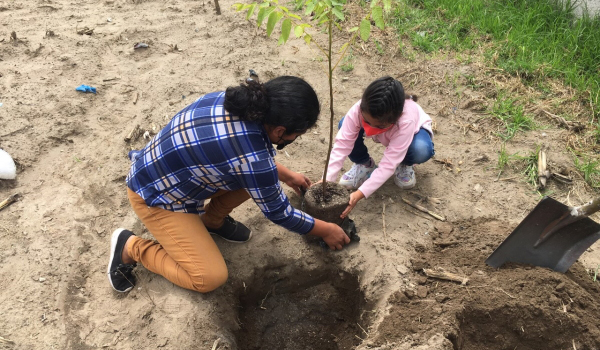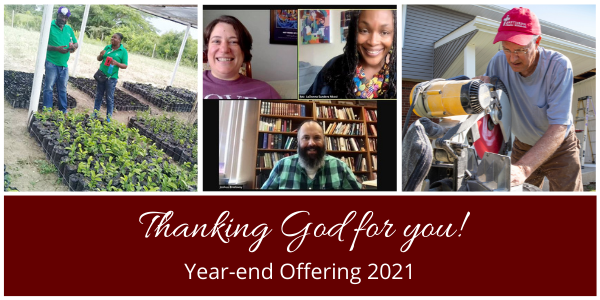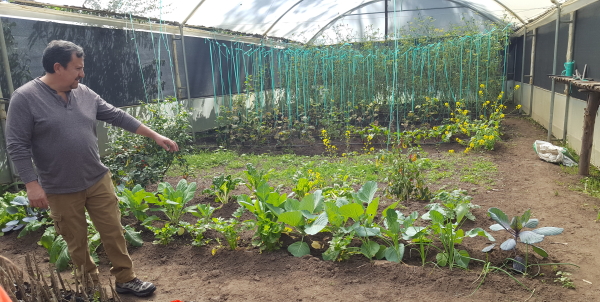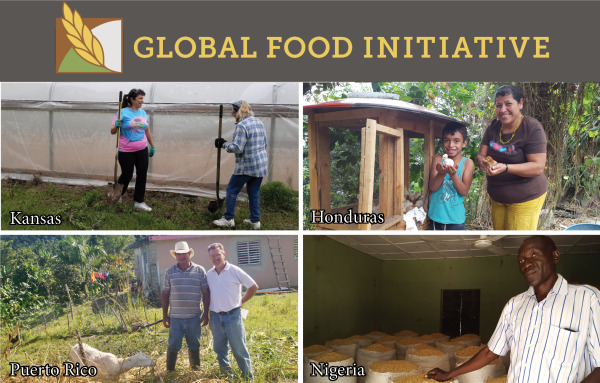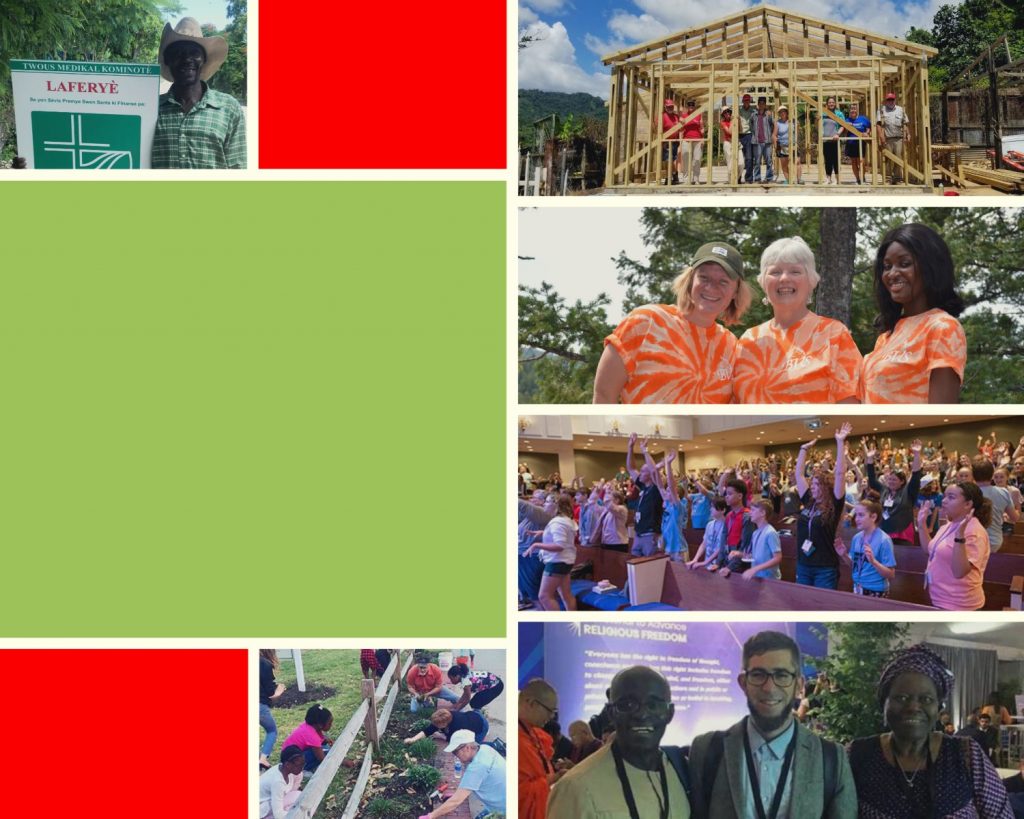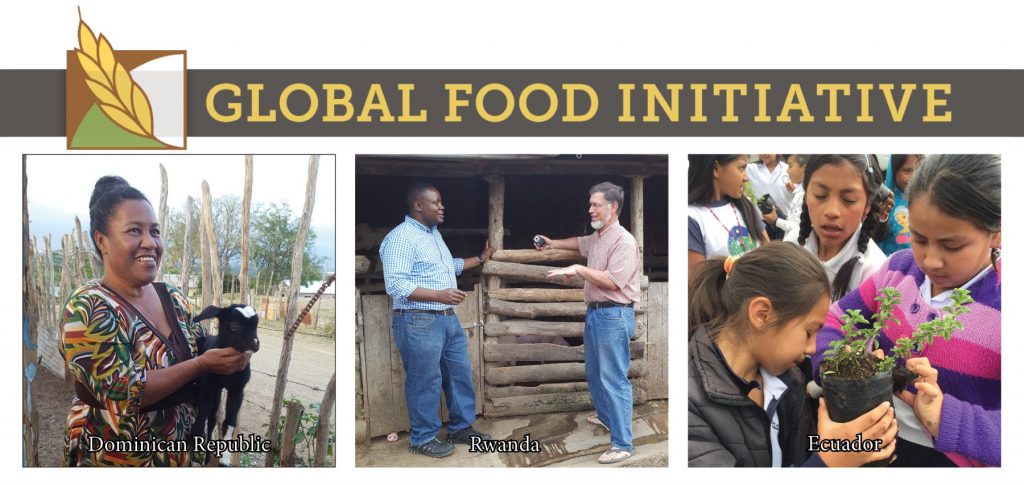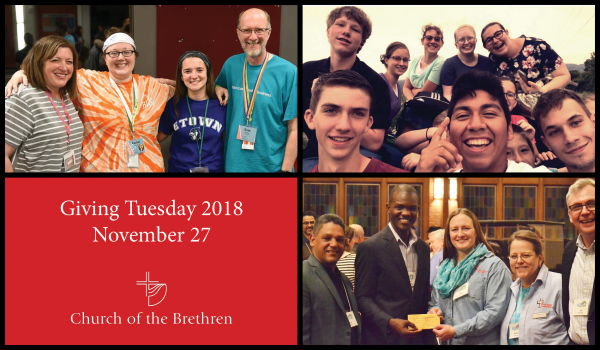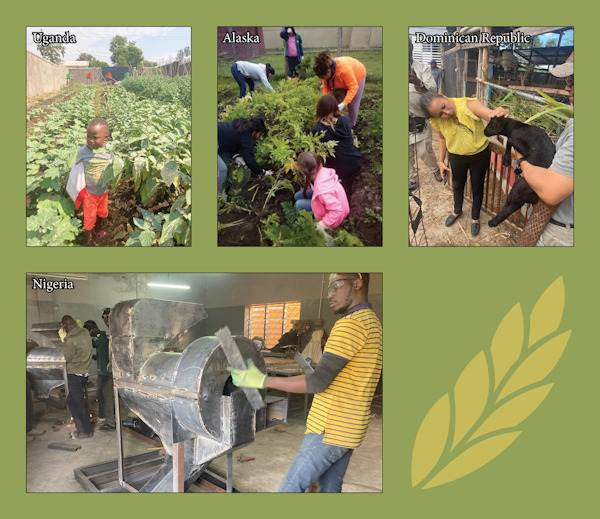
www.brethren.org/gfi
By Jeff Boshart, manager of the Global Food Initiative
“Ask the Lord of the harvest, therefore, to send out workers into his harvest field.” ~ Matthew 9:38, NIV
Greetings in the name of Jesus. My time as the manager of the Global Food Initiative Fund is nearing its end. The GFI has undergone various changes over the past 12 years, none of it possible without your generous and sacrificial giving to neighbors near and far. Recently I sat down and calculated the amounts sent to various partners around the world to support their work in agricultural development ministries. The total amount shared with churches and Christian non-profit organizations in 25 countries was nearly $2 million.
Internationally, the largest amounts were shared with the following countries: Haiti ($279,300), Honduras ($173,800), and Nigeria ($165,200). In the United States, through contributions to church-based community gardening efforts and support to Puerto Rican farmers after Hurricane Maria, the total allocated was $345,700. These dollars represent animals, fruit trees, seeds, tools, fertilizers, trainings, conferences, farmer-to-farmer exchanges, several Brethren Volunteer Service placements, and organizations working with immigrants to the US as well as organizations advocating for governmental policies leading to greater food security.
Volunteers who have traveled on behalf of the GFI have given their time and talents to enhance and add value to this ministry in areas such as farming, veterinary medicine, forage production and animal nutrition, appropriate technology, plant breeding, aquaculture, solar energy, clean water systems, grant writing, and program evaluation. Finally, I have had the privilege to meet some special servants of the Lord who are ministering and sharing Christ’s love in some of the most difficult places on earth. I believe these are the workers that Jesus called for when he told his disciples, “Ask the Lord of the harvest, therefore, to send out workers into his harvest field” (Matthew 9:38), and I am blessed beyond words to call them friends.
Although I am moving on, the work continues, and I am excited to see who God will call to walk with our sisters and brothers around the world. I pray that you will continue walking that journey with them.
Learn more about the Global Food Initiative at www.brethren.org/gfi or support its ministry today at www.brethren.org/giveGFI.
(Read this issue of eBrethren.)


